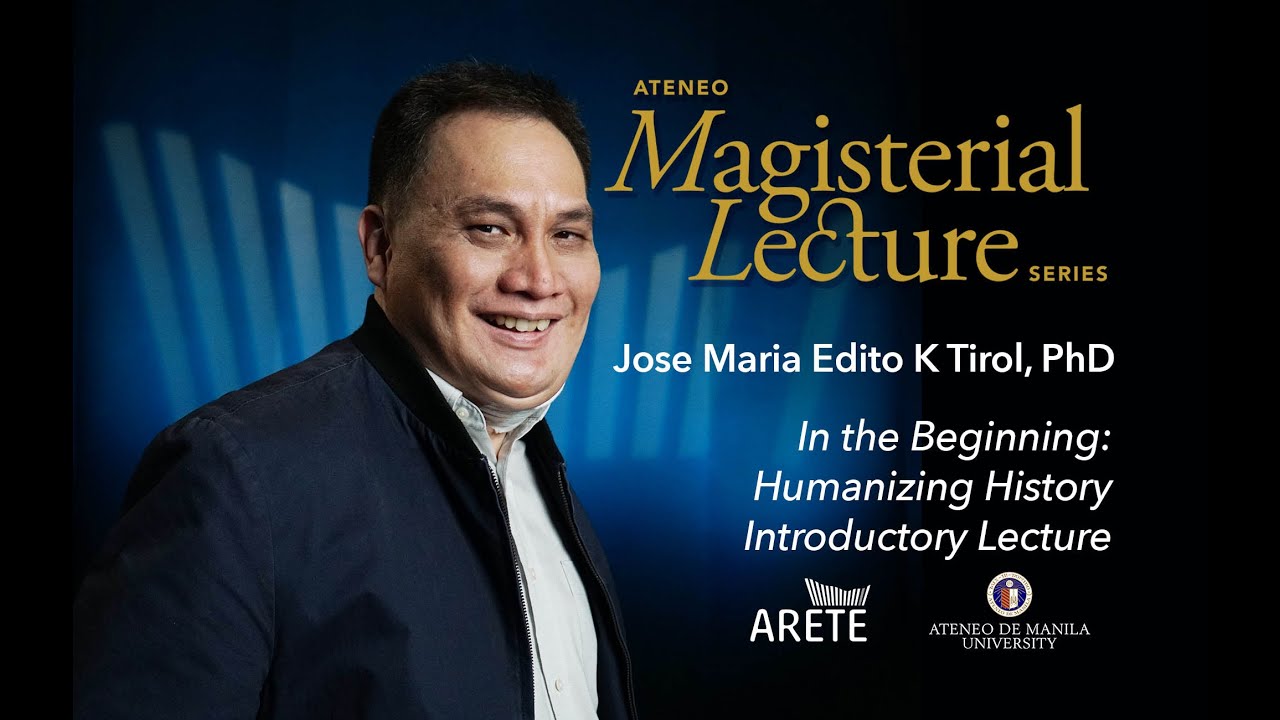Why You Should Study History | Explained in Under 3 Minutes
Summary
TLDRThe video script emphasizes the importance of studying history beyond mere dates and facts, highlighting its role in understanding human actions and their impact on the present. It argues that history equips us with critical thinking skills, enabling us to learn from past mistakes and gain insights into current global dynamics, such as the ongoing tensions between Iran and the West. The script also underscores the significance of historical knowledge in shaping our understanding of government, culture, and societal progress, as exemplified by the evolution of the US Constitution and various social movements.
Takeaways
- 📚 History is more than just memorizing dates and facts; it's about understanding the impact of past events on the present and future.
- 🔍 History is distinct from other disciplines like paleontology and geology, focusing specifically on human actions and their consequences.
- 🌕 The significance of historical events, such as the Apollo 11 moon landing, lies in their broader impact on science, technology, and human perception, not just the details of the mission.
- 🔄 Studying history helps us learn from past mistakes and gain insight into the current state of people, cultures, governments, and countries.
- 🌍 The example of Iran illustrates how historical events, like the 1979 revolution, shape ongoing geopolitical tensions.
- 🏛 Understanding the evolution of the US Constitution and rights can shed light on the development of modern government, business, culture, and politics.
- 🚀 Historical study is crucial for inspiring future generations to make an impact, as seen with movements like abolitionism, women's suffrage, and civil rights.
- 🤔 Studying history develops critical thinking skills, prompting us to question, explore multiple perspectives, and form a well-informed worldview.
- 🔄 Recognizing that change is the only constant, historical knowledge helps us to adapt and improve by learning from what has worked or failed before.
- 💡 Encouragement to delve deeper into history for personal and professional growth, with a specific mention of history programs at Southern New Hampshire University.
- 📈 The script concludes with a call to action to explore more about history, suggesting further education as a pathway to understanding and contributing to society.
Q & A
What is the primary focus of history as a field of study?
-History primarily focuses on the study of humans and their actions, understanding how past events impacted our world.
Why is it suggested that studying history is more important today than ever before?
-Studying history is more important today because it helps us understand the context of current events and the evolution of societies, cultures, and governments.
What is the difference between history and paleontology?
-Paleontology is the study of the evolution of dinosaurs and other prehistoric life, whereas history involves the study of human actions and their impact on the world.
How does the Apollo 11 lunar mission exemplify the importance of studying history?
-The Apollo 11 mission exemplifies the importance of studying history by illustrating the broader impact of such events on science, technology, and human understanding, rather than just memorizing specific details.
What is the famous quote often attributed to George Santayana about the study of history?
-The famous quote is 'Those who cannot remember the past are condemned to repeat it,' suggesting that studying history can prevent the repetition of past mistakes.
Can you provide an example from the script that illustrates how historical events shape current geopolitical tensions?
-The script uses the example of Iran, where the 1979 revolution and the establishment of an Islamic Republic have contributed to ongoing tensions between Iran and the West.
How does studying the evolution of the US Constitution help in understanding modern governance?
-Studying the evolution of the US Constitution helps us understand how rights and governance have developed over time, influencing modern government, businesses, culture, and politics.
What role do historical events like the abolitionists and women's suffrage play in inspiring future generations?
-Historical events like the abolitionists and women's suffrage inspire future generations by showing the impact that collective action and leadership can have on societal change.
Why are critical thinking skills important in the context of studying history?
-Critical thinking skills are important in studying history as they enable individuals to ask questions, seek multiple perspectives, and develop a more informed view of the world around them.
How does understanding history contribute to recognizing and adapting to change?
-Understanding history contributes to recognizing and adapting to change by showing us how societies and circumstances have evolved over time, allowing us to learn from the past and improve for the future.
What educational programs are mentioned in the script for those interested in studying history further?
-The script mentions bachelor's and master's programs in history at Southern New Hampshire University, which can be explored at snhu.edu.
Outlines

This section is available to paid users only. Please upgrade to access this part.
Upgrade NowMindmap

This section is available to paid users only. Please upgrade to access this part.
Upgrade NowKeywords

This section is available to paid users only. Please upgrade to access this part.
Upgrade NowHighlights

This section is available to paid users only. Please upgrade to access this part.
Upgrade NowTranscripts

This section is available to paid users only. Please upgrade to access this part.
Upgrade NowBrowse More Related Video
5.0 / 5 (0 votes)





